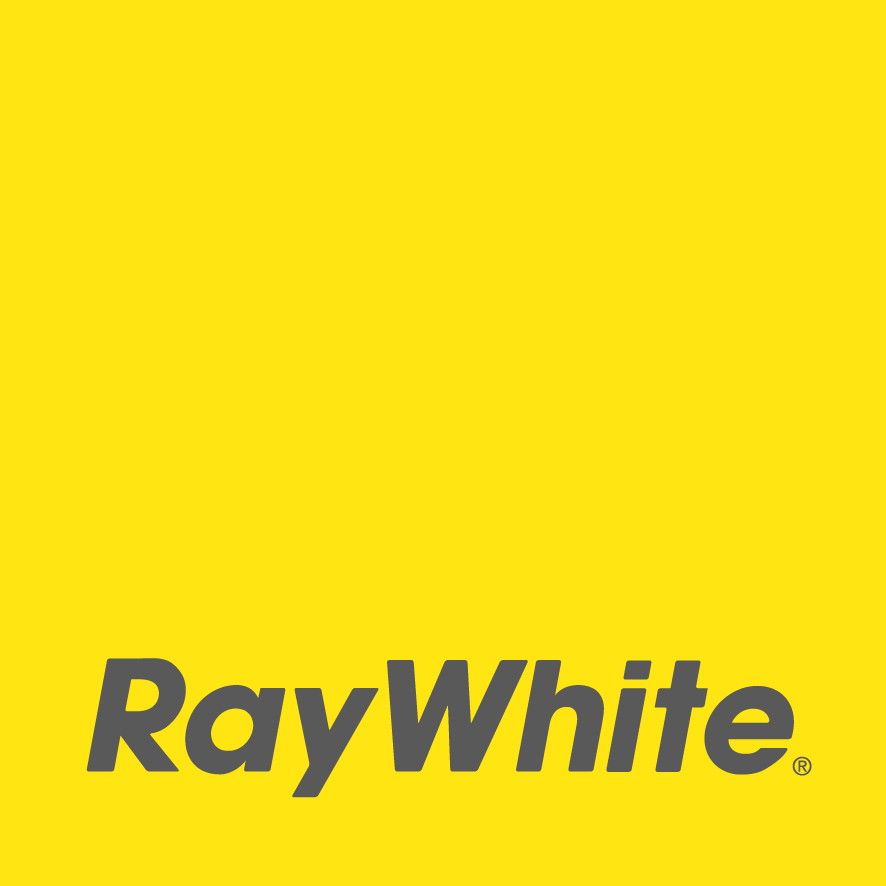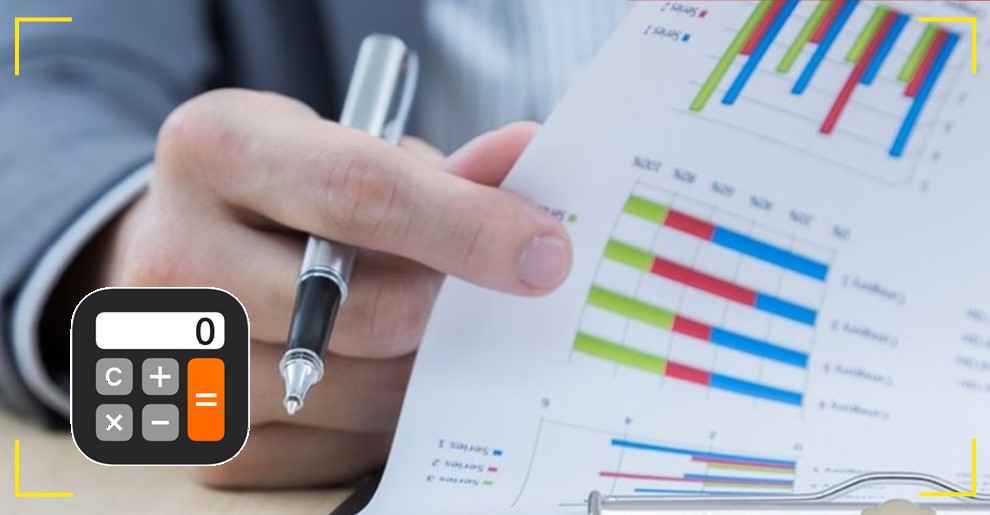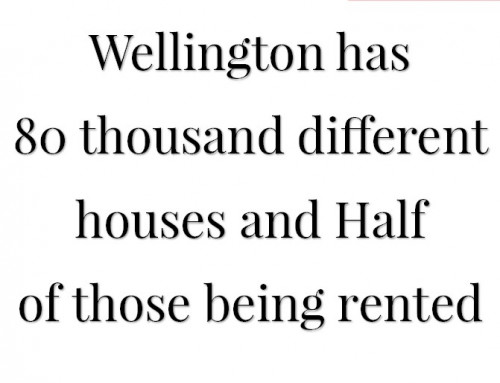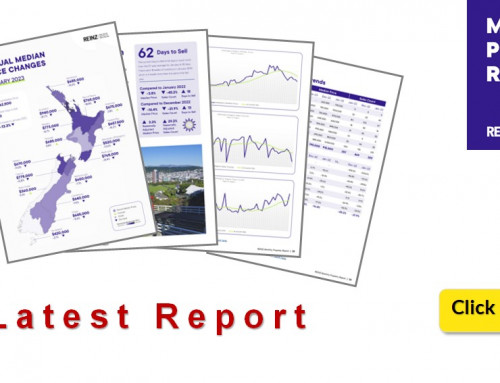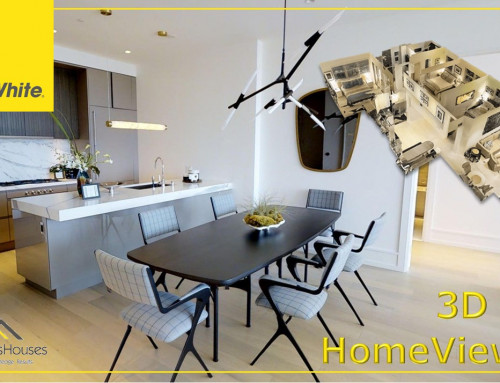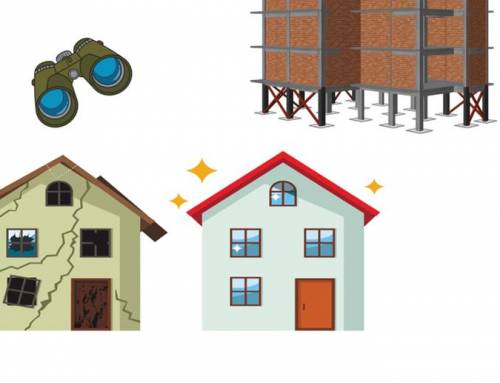Is it Better to Rent or Sell?
Is Renting your Home the Best Idea?
Have you considered things like:
The time it may take to find suitable tenants.
Tenant Damages $
Repair costs $
Ongoing Maintenance $
Utility costs $
Property Improvement costs $
Travel costs $
Interest rates $
Insurance costs $
Vacancy costs $
Rates/taxes $
Management Fees $
Inspection fees $
Bank fees $
Marketing costs $
The bank required a Valuation cost of $
Accounting fees $
Tenancy Compliance costs $
Body Corporate fees $
Are you Making a Profit, or Losing Money?
Wellington has 80,000 different houses and Half of those are being Rented!
How to work out a good property investment
Not all property investors understand the return on their rental.

Barfoot & Thompson has put together a handy guide on property investment. Auckland’s biggest rental agency says investing in property isn’t rocket science but does require a bit of homework.
That’s where understanding potential returns on investments comes in. While it’s every property investor’s aim to own a property that has a high yield, will deliver a big capital gain, has a strong rental return and requires little maintenance, few achieve that.
Barfoot & Thompson says investors need to learn some basics to help them understand returns.
Capital gain
Capital gain is the profit investors make when they sell an investment for more than they paid for it.
Some people buy investment properties to make a long-term profit – as prices rise over time. This strategy may be coupled with little or no profit in the short term, as expenses, such as mortgage repayments and insurance, also need to be taken into consideration.
Rental yield
Yield comes from the rental money received from tenants. It’s the rent a property can provide over a year, expressed as a percentage of its purchase price.
Gross yield
This is the income return on an investment property before any expenses, outgoings or possible rental vacancies are taken into account. Gross yield does not take interest rates into account.
Gross rental yield is commonly used when looking at returns, as it is simple to calculate and lets investors easily compare properties with different values and rental returns.
Net yield
This is the income return on an investment property after any expenses or other outgoings, such as maintenance and insurance, are taken out. Net yield is sometimes referred to as ‘rate of return’.
Top tip
Although the gross rental yield is a simple calculation, it’s important to remember that it doesn’t take other factors, such as expenses, interest rates or periods of vacancy, into account.
For example, a property may have a high rental yield but may also have high maintenance costs, which may make the rental return low when taken into consideration.
High yield for cheaper areas
It’s a general rule of thumb that yields are higher in cheaper areas. But the return always needs to be weighed up alongside other factors such as maintenance, tenants, expenses and capital gain.
Calculating gross rental yield
To calculate, take the annual rental income (weekly rent x 52 weeks)’ and divide by the property value. Then multiply this number by 100.
Example:
The property value is $600,000 and the expected rent is $500 a week.
$26,000 ($500 x 52 weeks – annual rental income ÷ $600,000 (property value) x 100. Yield = 4.33%
Calculating net rental yield
To calculate, take the annual rental income and minus the annual expenses or loss of rental income from this. Then divide this number by the property value and multiply this number by 100.
Example:
Property value $600,000, expected rent $500 a week and expenses/loss $5000. $26,000 ($500 x 52 weeks – annual rental income) – $5000 (annual expenses/loss) ÷ $600,000 (property value) x 100. Yield = 3.5%
Expenses or loss of rental income can include: buying and transaction costs (property purchase price, legal fees and building inspections, any start-up loan fees); annual costs such as vacancy costs (loss of rent and advertising); repairs and maintenance; property management fees; insurance;
rates.
Continue reading this article at the source from GoodReturns
Is Renting your Home the Best idea?
Have you considered things like:
The time it may take to find suitable tenants.
Tenant Damages $
Repair costs $
Ongoing Maintenance $
Utility costs $
Property Improvement costs $
Travel costs $
Interest rates $
Insurance costs $
Vacancy costs $
Rates/taxes $
Management Fees $
Inspection fees $
Bank fees $
Marketing costs $
Bank required Valuation cost $
Accounting fees $
Tenancy Compliance costs $
Body Corporate fees $
Wellington has 80,000 different houses and Half of those are being Rented!
Are you Making a Profit, or Losing Money?
Thinking of Selling?
Receive a Free Market Appraisal
This is not an online algorithm or guess, our appraisal requires an on-site inspection.

Call Halina or John 021 22 63 917
email:
halina@wellingtonresidential.co.nz
john@wellingtonresidential.co.nz

